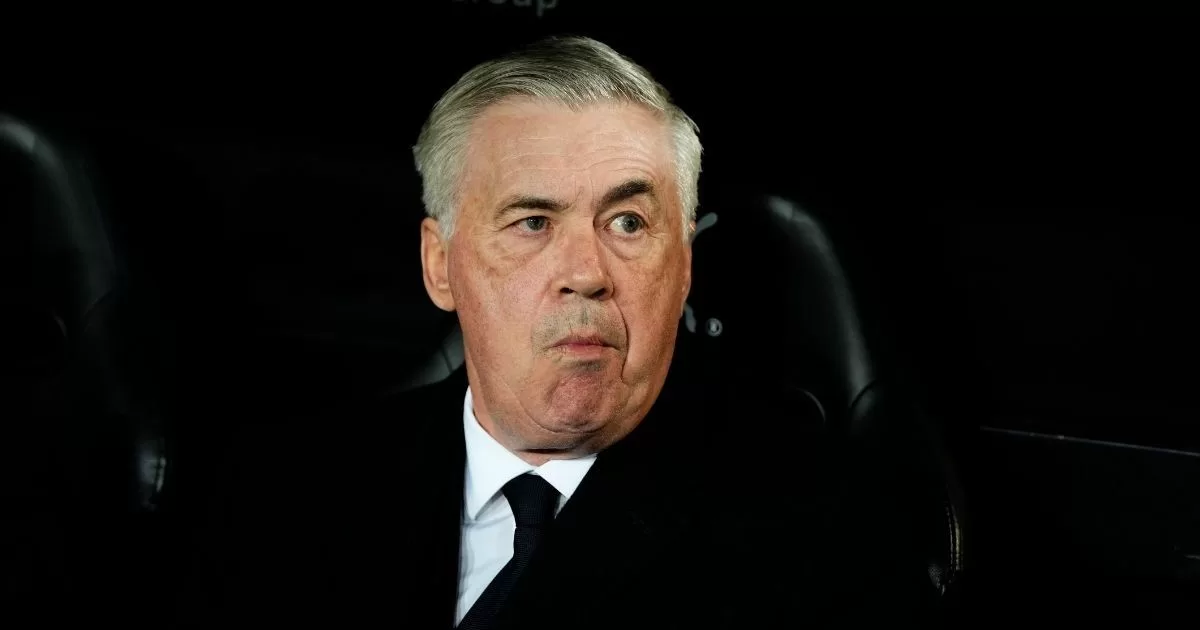Riyadh, 15 apr. The meeting between the foreign ministers of the nine most important Arab countries ended at dawn this Saturday in the Saudi city of Jeddah without a decision on the readmission of Syria to the Arab League, from which it was vetoed more than a decade ago. by the repression against the popular revolts of 2011, nor a road map that marks the steps for their re-entry.
The heads of diplomacy of the countries that make up the Gulf Cooperation Council (CCG: Saudi Arabia, Bahrain, Qatar, the United Arab Emirates, Kuwait and Oman), as well as Iraq, Jordan and Egypt highlighted in a joint statement issued at the end of the meeting that “the political solution is the only solution to the Syrian crisis”.
They also stressed “the importance of having an Arab leadership role in the efforts to put an end to the crisis” and the need to “establish the necessary mechanisms for this role”, as well as their interest in “intensifying consultations between Arab countries to ensure the success of these efforts.
During the talks, they also addressed security and stability in Syria, the return process of Syrian refugees and the arrival of humanitarian aid to the areas of that country affected by the deadly earthquake that occurred last February.
Among other points, the press release highlighted the common interest in combating terrorism, smuggling and drug trafficking and strengthening Syrian institutions “to extend their control over their lands to end the presence of armed militias there and external interference in the internal affairs of Syria”.
The meeting began late at night and lasted this morning because the participants held a series of private meetings between each of their counterparts to assess the bilateral relations between them, to which was added the celebration of iftar, the break of fasting during the month of Ramadan, which delayed the meeting.
This event was promoted by Riyadh, a country that in early March normalized relations with its arch-enemy in the Middle East, Iran, a close ally of the government of Syrian President Bashar al-Assad.
Indeed, Saudi Arabia has taken important steps in recent days to normalize relations with Damascus, while on Wednesday Syrian Foreign Minister Faisal al-Miqdad made a surprise visit to the Saudi town of Jeddah and met with his Saudi counterpart, Faisal bin Farhan.
Although in recent years some of the countries in the region have begun to unfreeze their relations with Syria, it was the earthquakes two months ago that seem to have given a strong boost to the possibility of recovering ties, since they left a host of gestures so significant as those of Egypt, with visits at the level of heads of diplomacy, and Tunisia, where Syria will soon reopen its embassy.
However, the main stumbling block for Syria’s reintegration into the pan-Arab body is Qatar, which Riyadh is trying to persuade, although its position was not revealed during the meeting between the foreign ministers.
The statement also did not announce new meetings between the participating countries or upcoming actions to decide the future of Syria within the body which, if it were to be re-accepted at some point, would be a full member and would participate in the usual ministerial meetings. EFE
sa-rsm/ah


